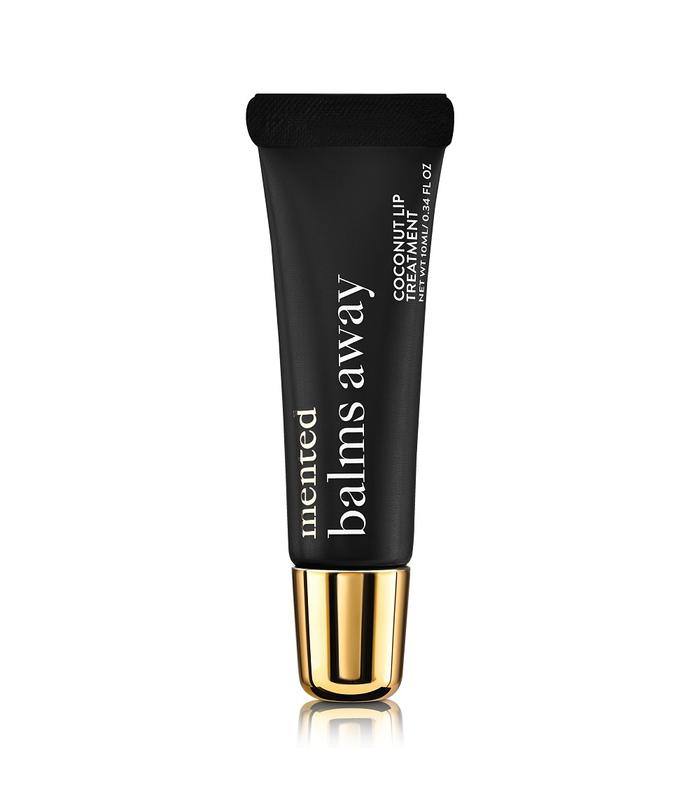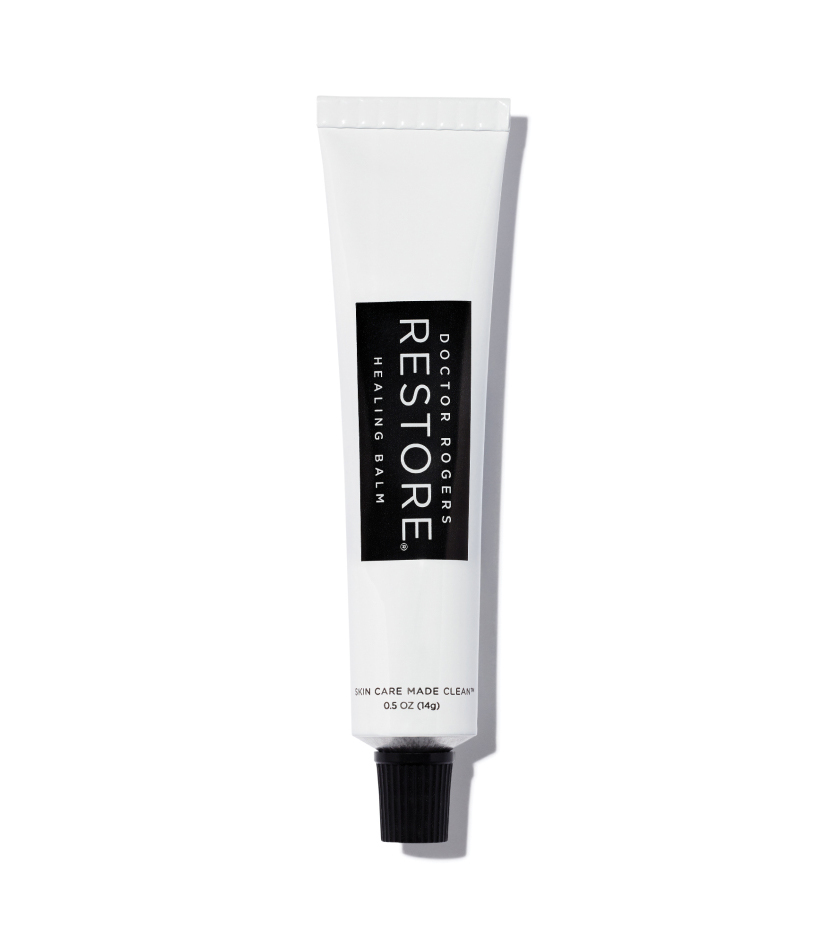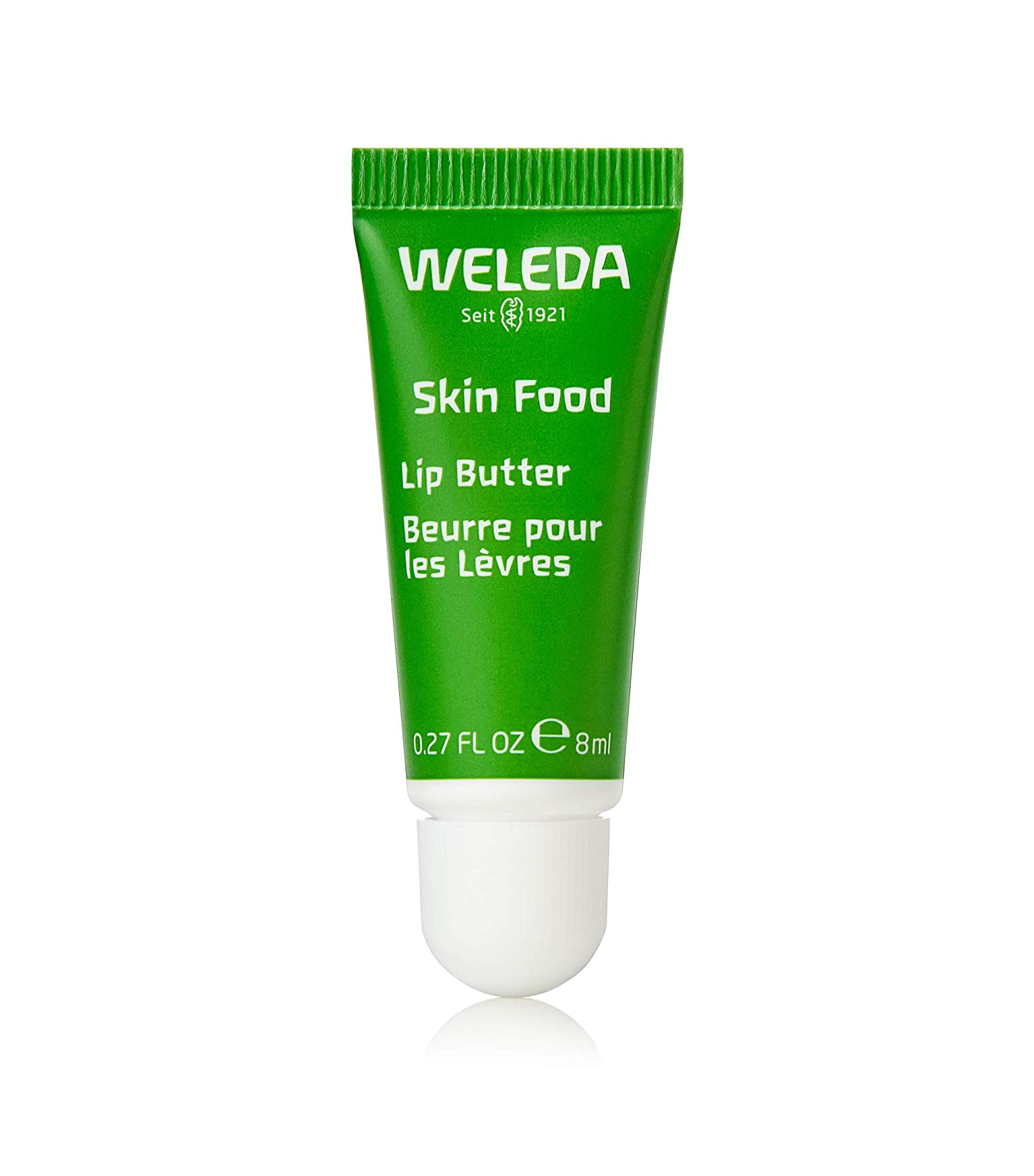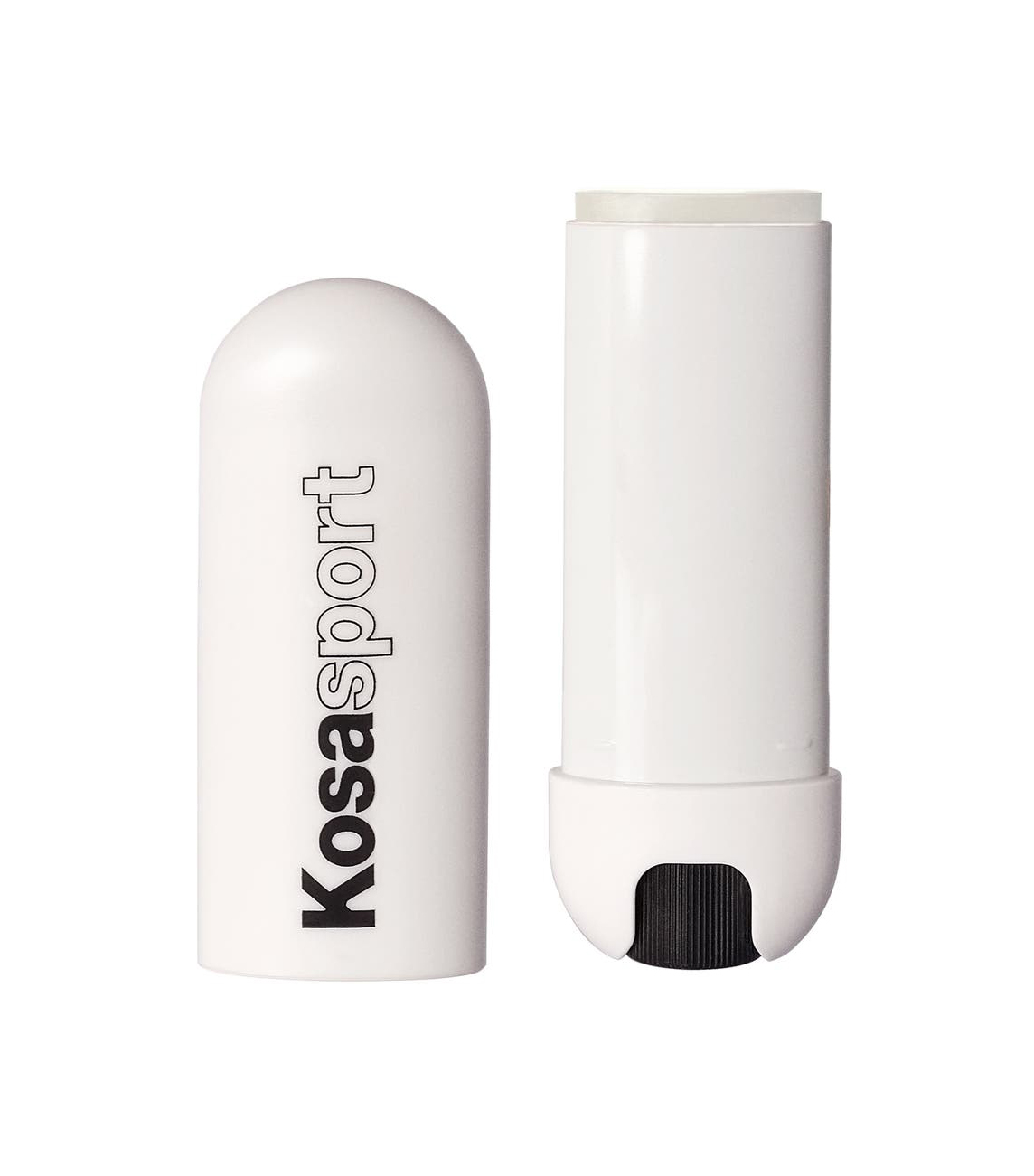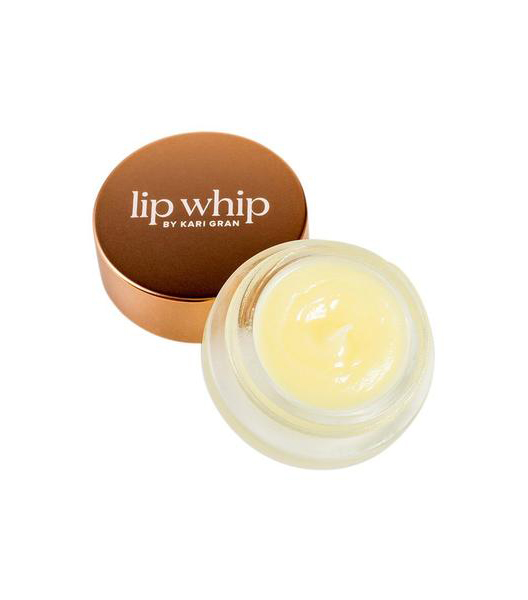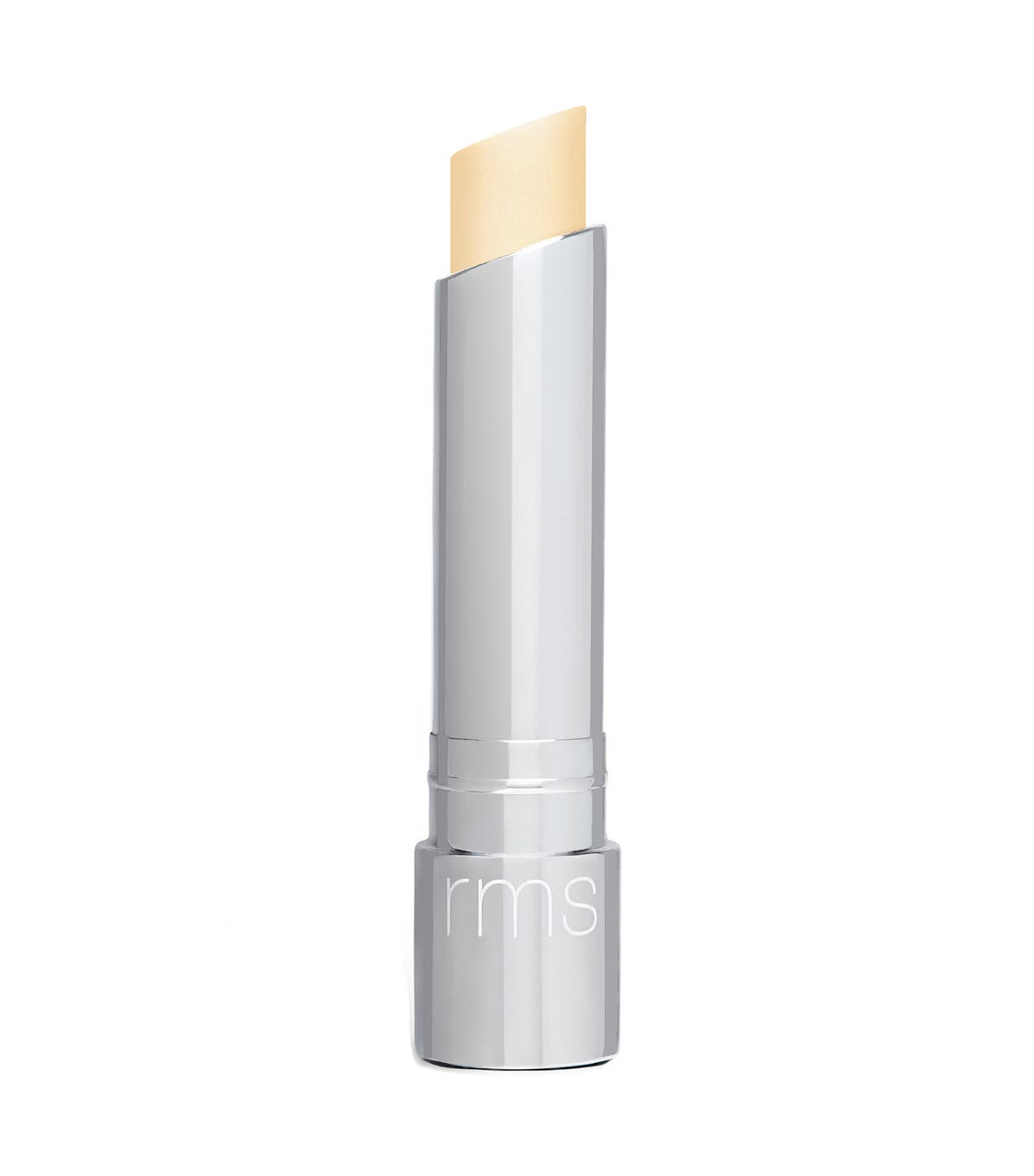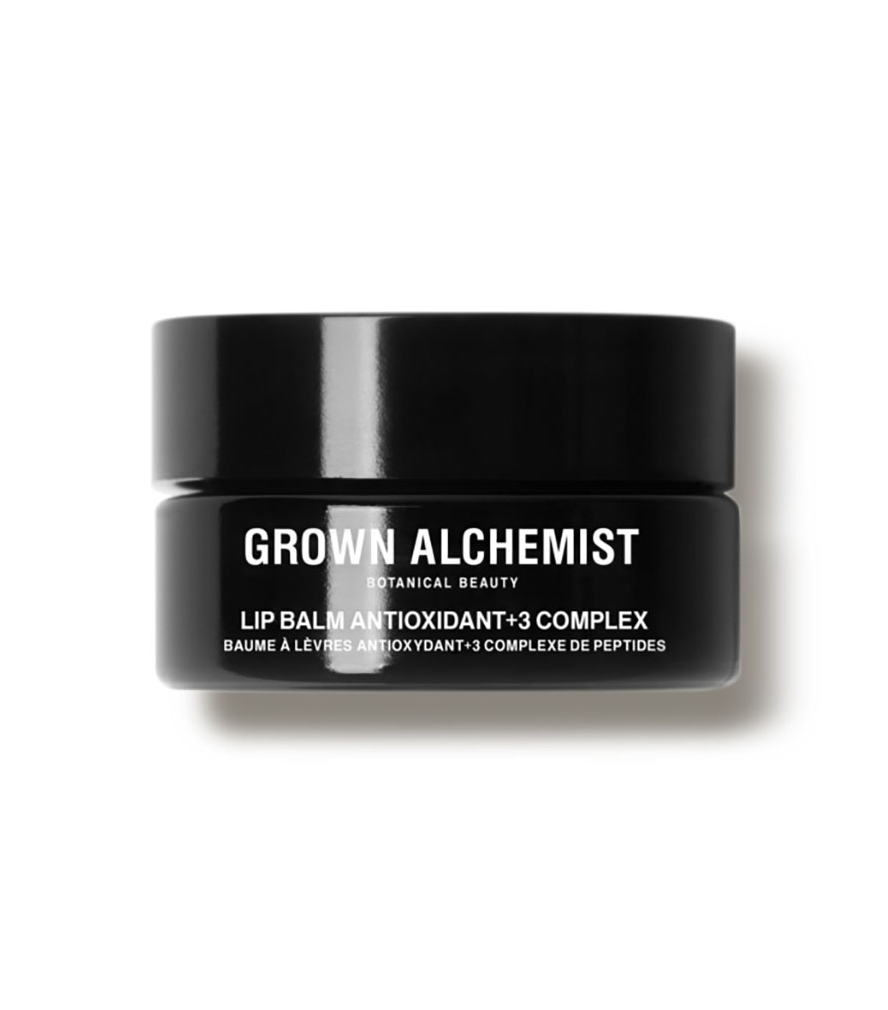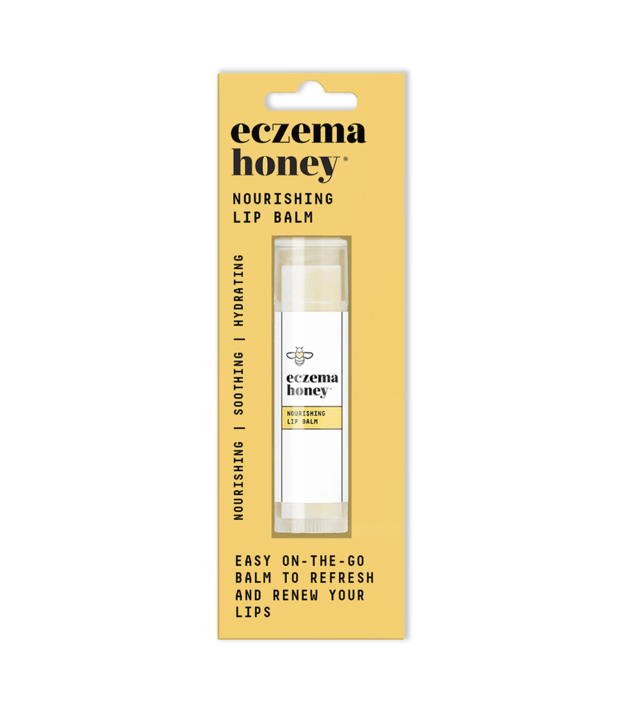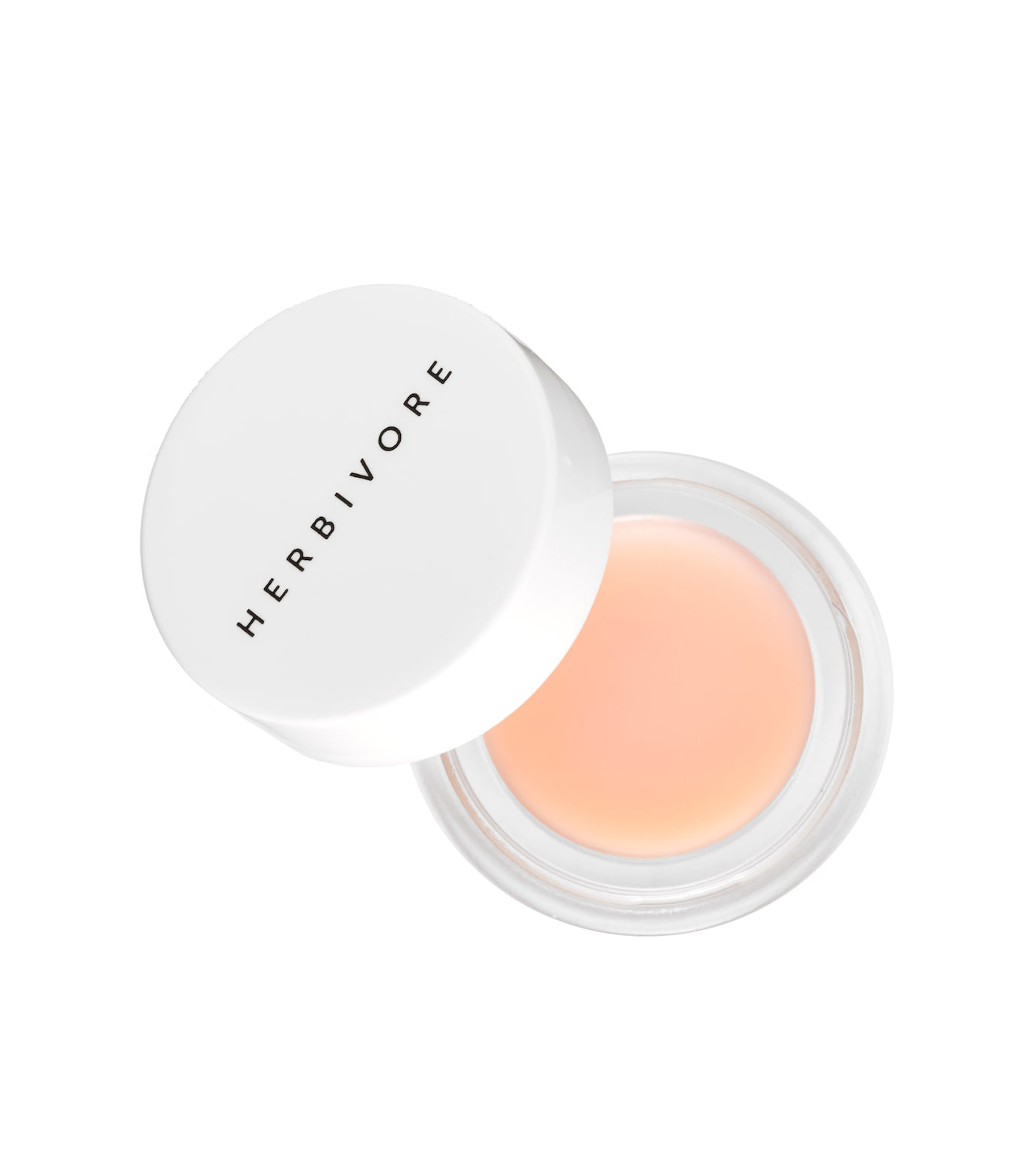The 4 Harmful Ingredients You Want to Avoid in Lip Balms
If I asked you to look in your bag, desk, or bedroom or on your bathroom counter for lip balm, you'd probably come up with at least one tube. Most of you out there might even have more than five options. For me, I've got about seven in rotation just in my apartment, two in my car, and probably three I left at my desk in the office before we started working from home.
So yeah, a lot of us have a stockpile of lip balms. They're a universal essential, especially for those times of the year when it's chapped-lips season and you're doing everything in your power to stop yourself from licking your lips and chugging water in the hopes of smoothing everything out. But have you ever wondered what exactly is in those tubes or tubs or tins you're putting on your lips every day?

To be honest, up until recently, I didn't really give it a second thought. But then, I started doing more research into clean-beauty products and started questioning everything. Turns out, it's good to be curious!
"We literally eat our lip balms with daily use!" explains Allie Compton, product development manager at clean-beauty retailer Credo. "Making the clean swap to a healthier lip balm is important for yourself and your loved ones you may kiss. You wouldn't want to eat something that can be potentially harmful to you or the environment, so you shouldn't put it on your lips either."

Compton shared four common ingredients you might want stay away from: "Typically, conventional lip balms contain inexpensive synthetic waxes and petroleum-derived ingredients like paraffin or mineral oil. These barrier-forming ingredients are refined from crude oils that can contain trace amounts of carcinogenic compounds. Not to mention the environmental impact of the refinement process, which creates air pollution."
Another ingredient, cyclic silicones, is often added to conventional formulas to mimic the appearance of moisturized lips without providing any real treatments, Compton adds.

So how can you shop smart? Compton recommends looking for natural ingredients like rich plant oils, butters, and waxes, such as castor oil, mango-seed butter, beeswax, and candelilla wax. "These natural ingredients also feel rich and buttery versus their synthetic counterparts, which often feel sticky, thick, and tacky," she says.
For those who have lips that are on the sensitive side, Compton suggests being mindful of essential oils that can be irritating, like camphor or menthol. Bottom line: Read the ingredients list closely so it can suit your specific skin needs.
If you want to make some clean-beauty swaps, take a look at some of our favorite options below.
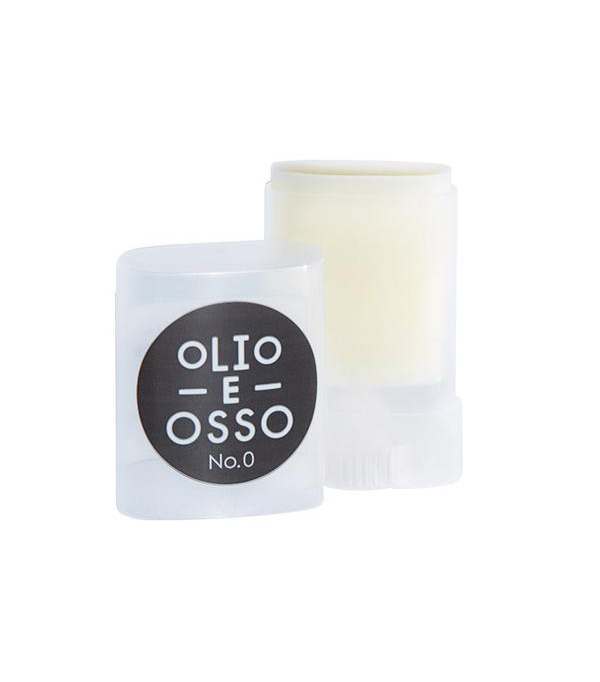
Talk about multipurpose. This balm can be used not only on your lips but also on other parts of your face, depending on which tint you get. If you choose balm No. 0 Netto, you can use it on a stuffy chest or tired temples. Balm No. 1 can also be used to smooth split ends, flyaways, eyebrows, cuticles, elbows, and other dry patches.
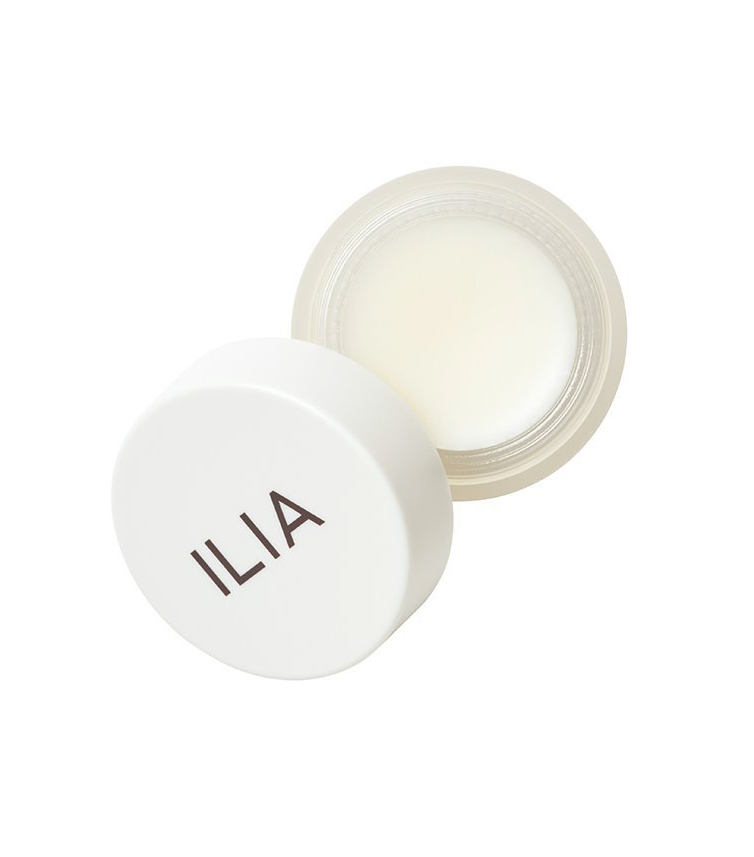
Another recommendation from Compton, this lip mask contains papaya enzymes, which exfoliate, and salicornia herbacea extract (sea succulent) and hyaluronic acid to improve hydration and lock in moisture. She says you can use this as a lip primer or overnight mask.
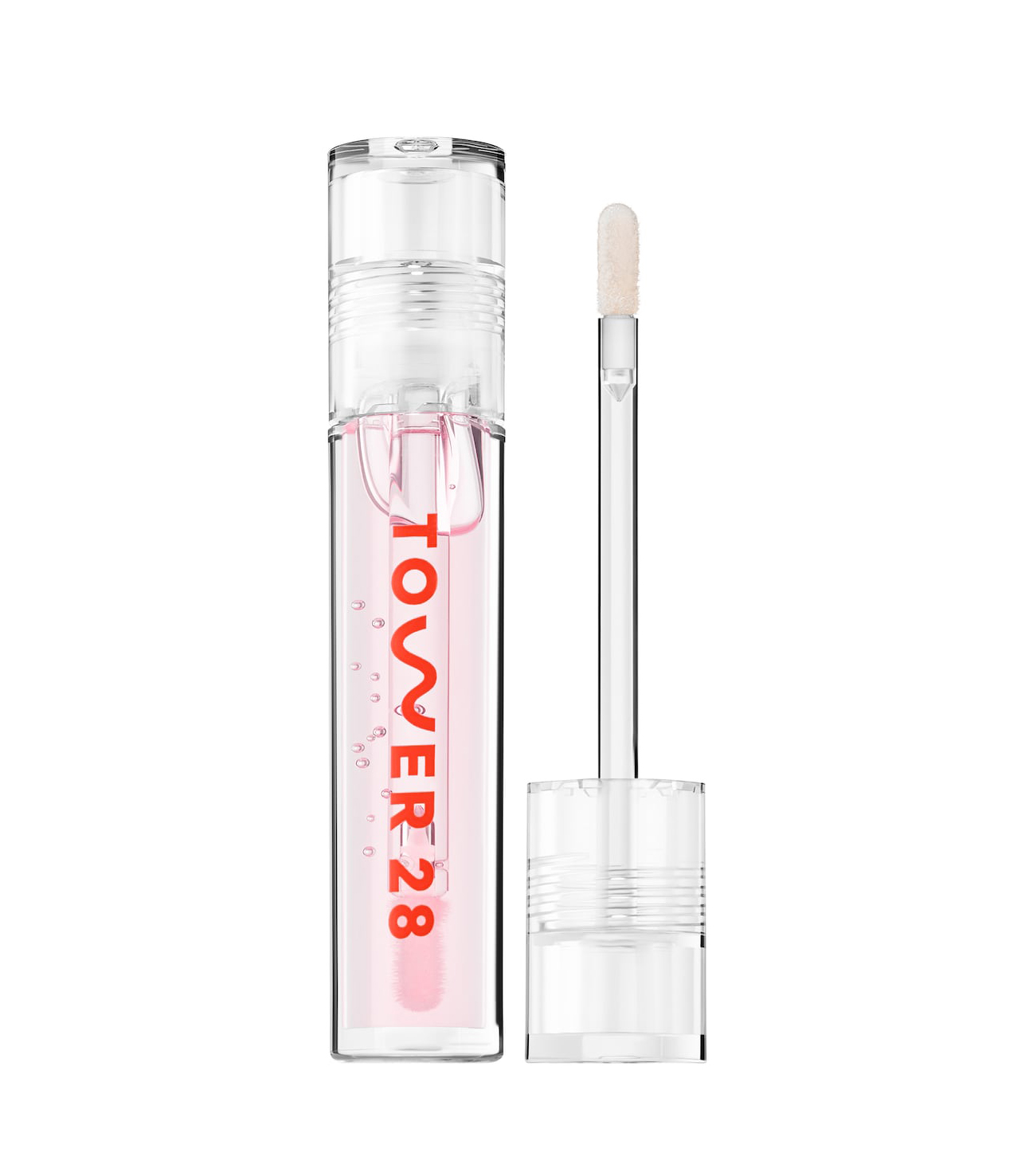
If you want a glossier option, Tower 28's moisturizing lip gloss works so well. The non-sticky formula has apricot kernel oil to soothe, raspberry-seed oil to protect, and rosehip oil to promote cell repair. It comes in different tints, from clear and a clear shimmer to berry and brown.
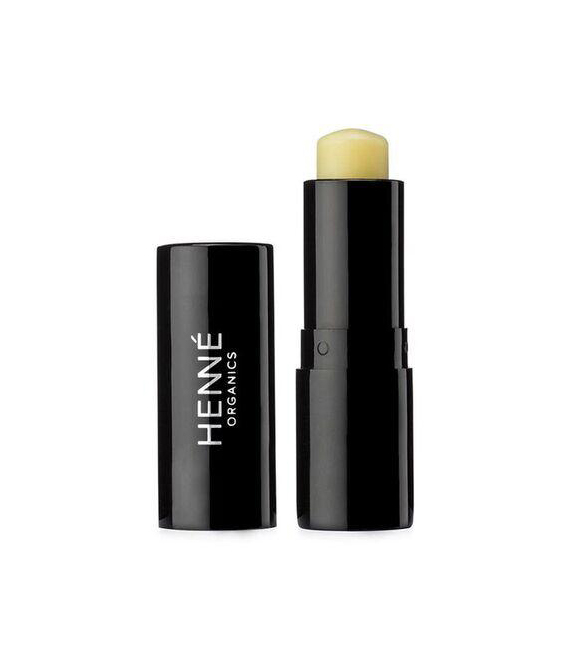
I'm a big fan of Henné's lip tints because they're so smoothing and leave just the right amount of pretty color. So the brand's lip balm is on my list to try next. The moisturizing balm is infused with coconut oil, beeswax, avocado oil, shea butter, cocoa butter, jojoba oil, and vitamin E. Reviewers say it feels so good on and doesn't have irritating fragrances.
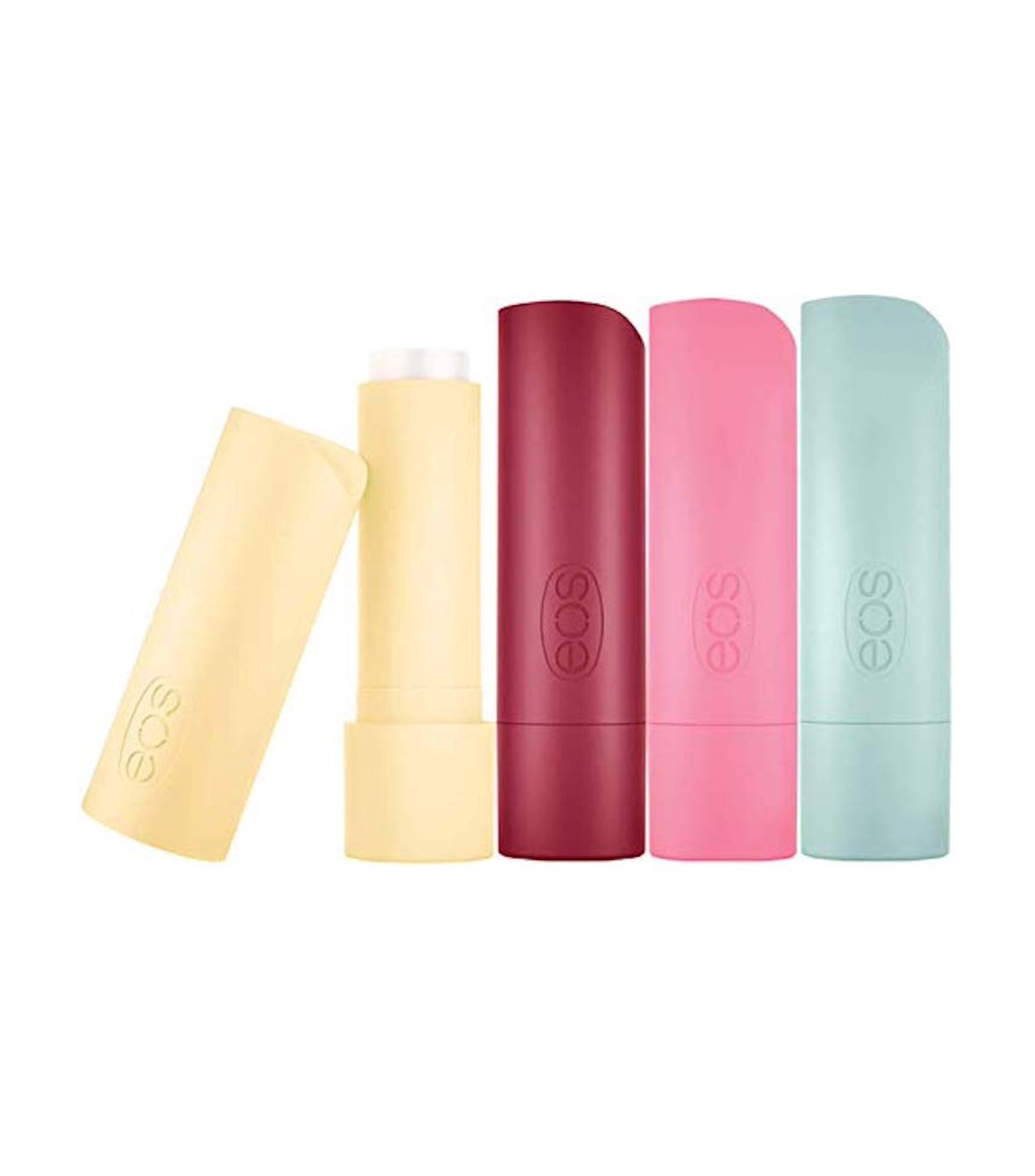
With this four-pack, you'll have a lip balm option for your bedside table, bathroom counter, purse, and desk, so you'll be covered any time. Made with shea butter and natural flavors, these balms have flavors like Pomegranate Raspberry, Strawberry Sorbet, Sweet Mint, and Vanilla Bean.
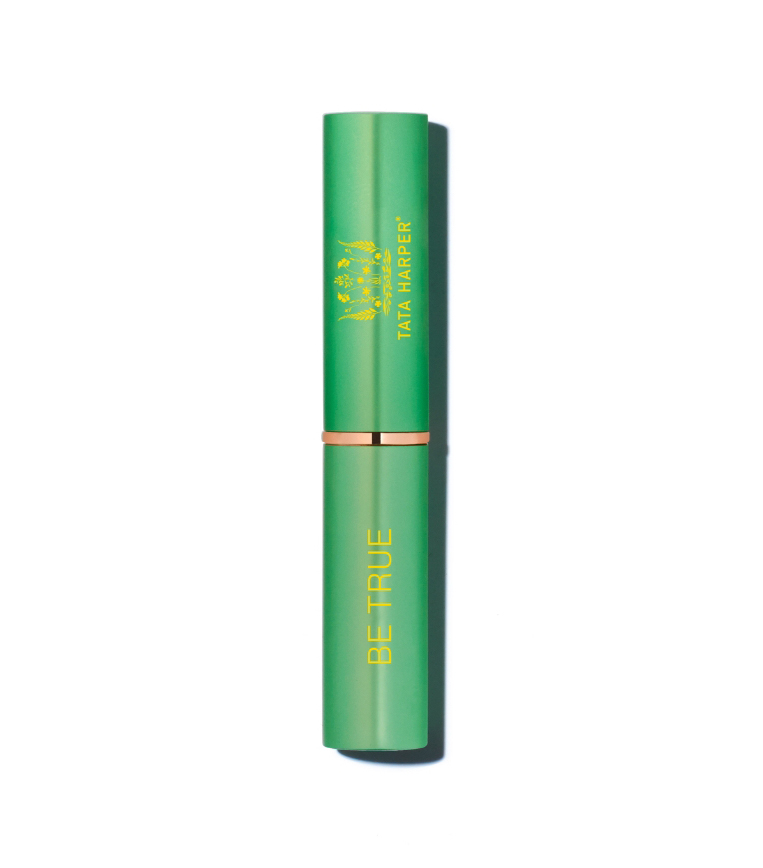
This lip treatment not only hydrates and plumps the lips, but it also can protect against the effects of aging. You can even use it on the area on top of Tata Harper's eye cream for extra benefits.
Next up, It's Chapped-Lips Season—Here's How to Treat Them
Sarah is lifestyle writer and editor with over 10 years of experience covering health and wellness, interior design, food, beauty, and tech. Born and raised in Los Angeles, she attended New York University and lived in New York for 12 years before returning to L.A. in 2019. In addition to her work at Who What Wear, she held editor roles at Apartment Therapy, Real Simple, House Beautiful, Elle Decor, and The Bump (sister site of The Knot). She has a passion for health and wellness, but she especially loves writing about mental health. Her self-care routine consists of five things: a good workout, “me” time on the regular, an intriguing book/podcast/playlist to unwind after a long day, naps, and decorating her home.
